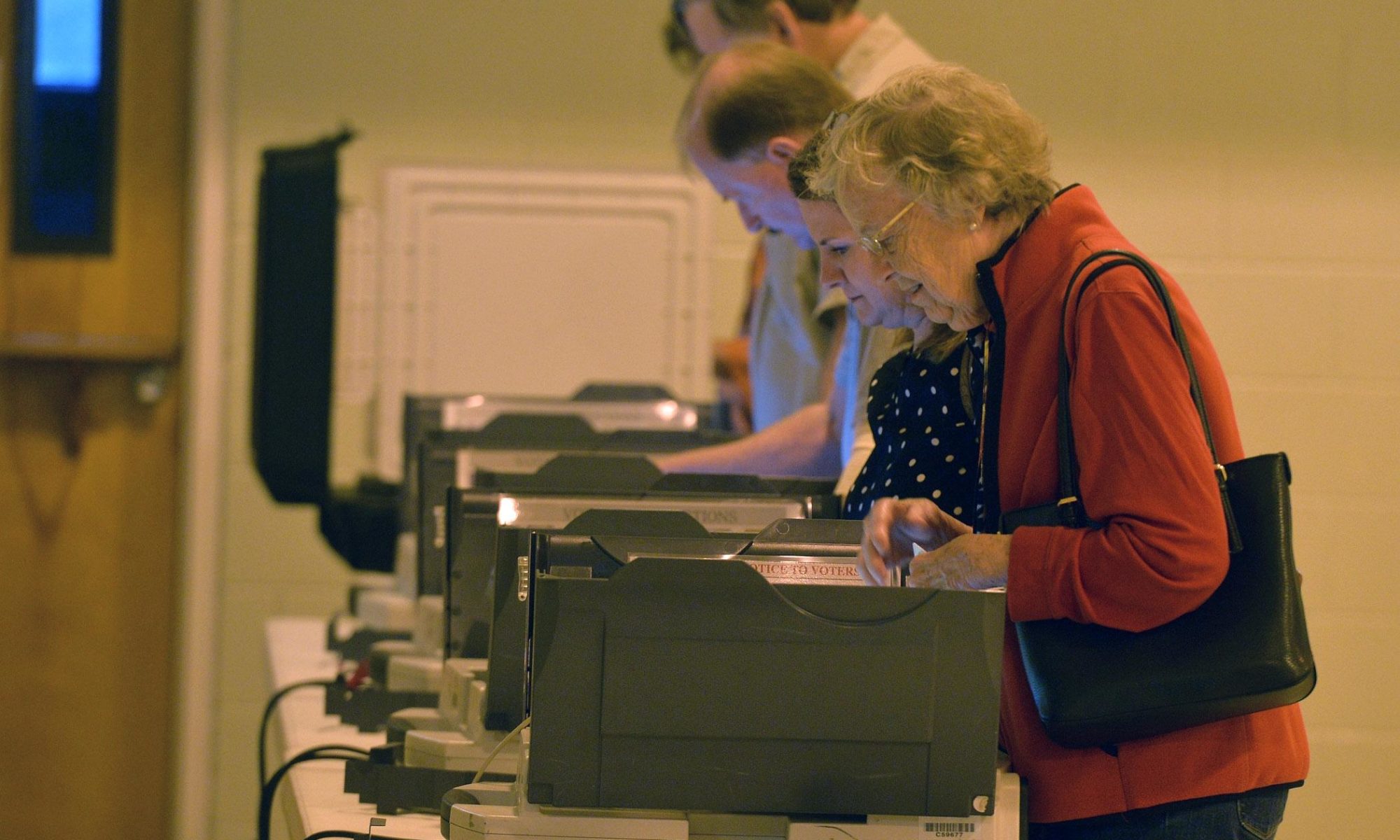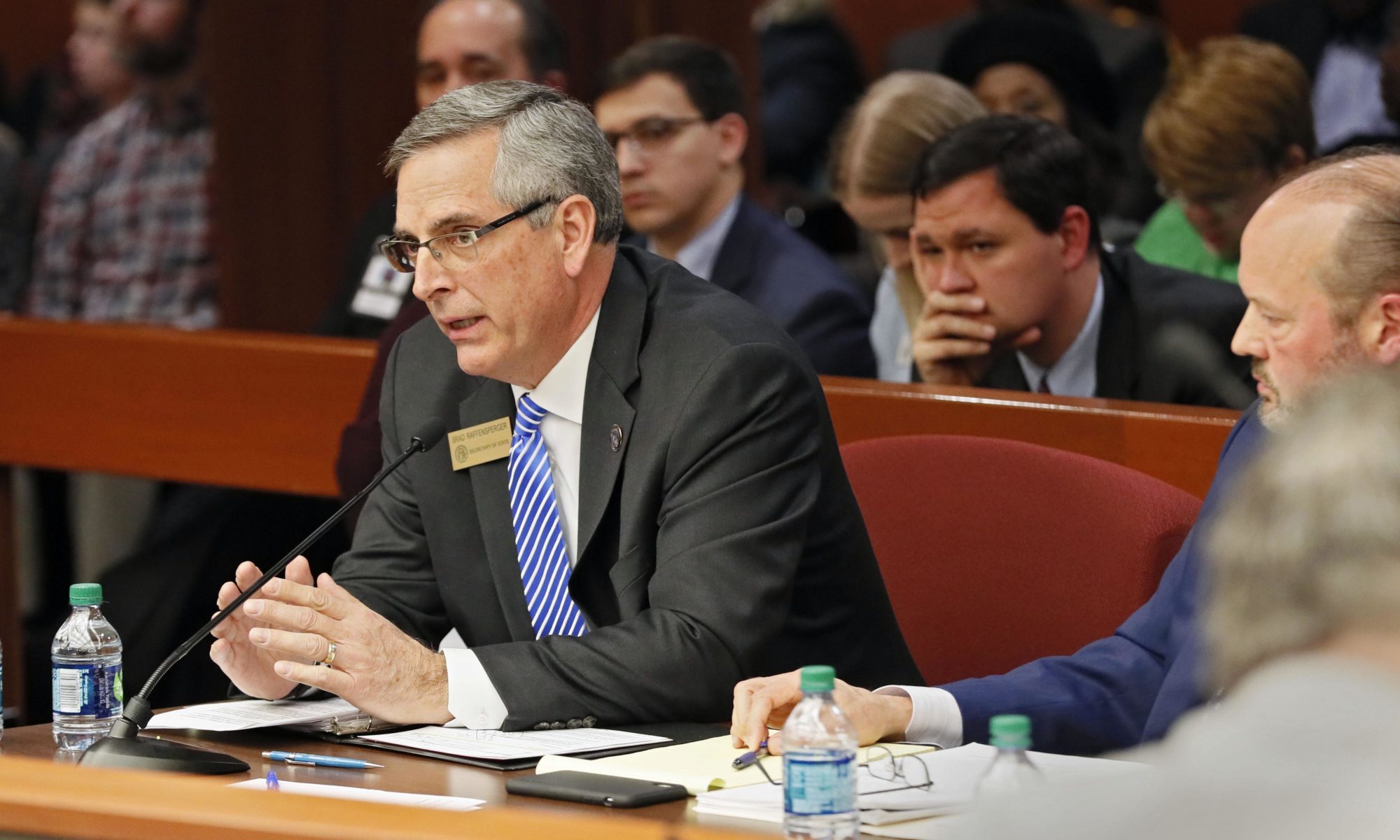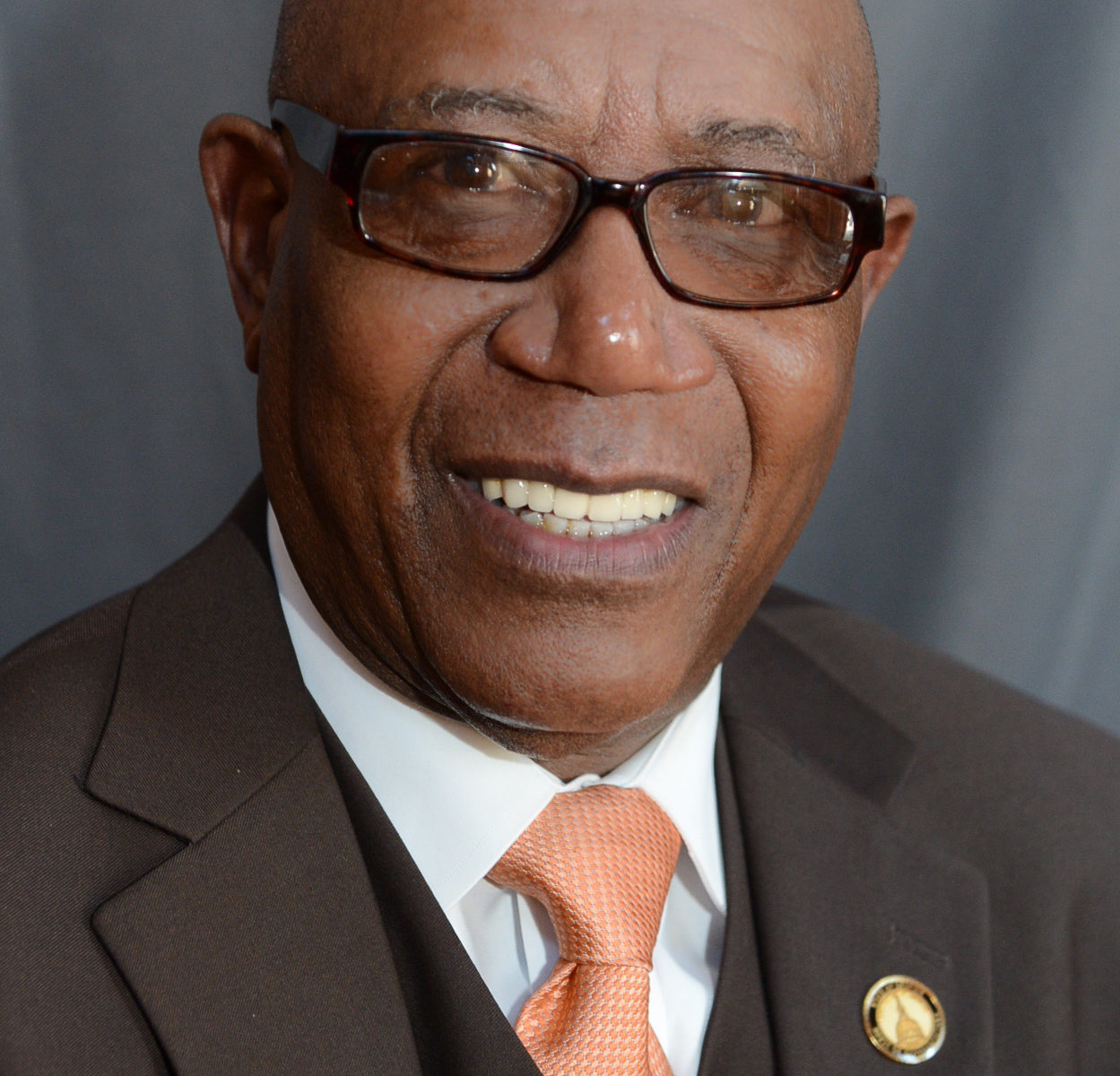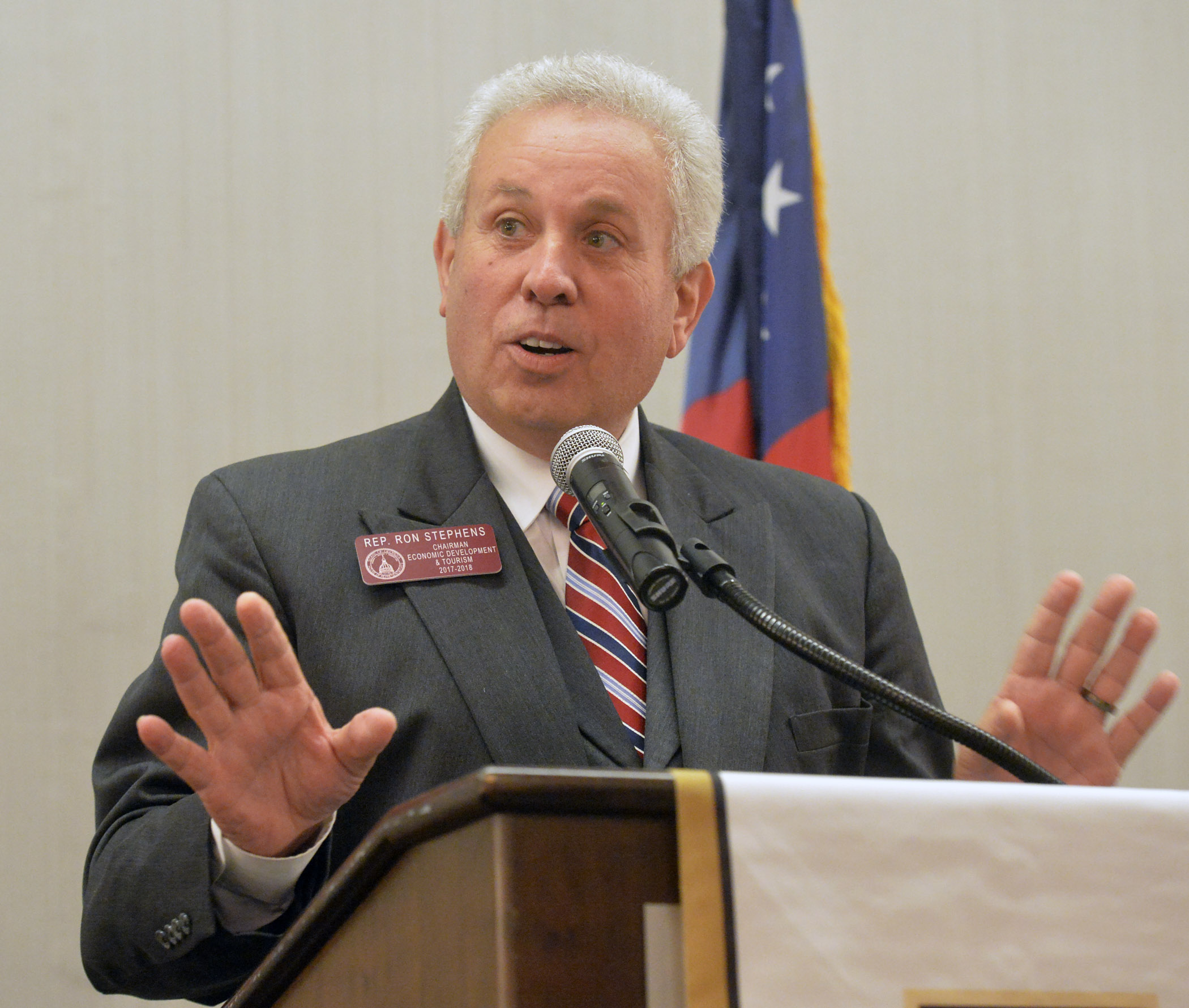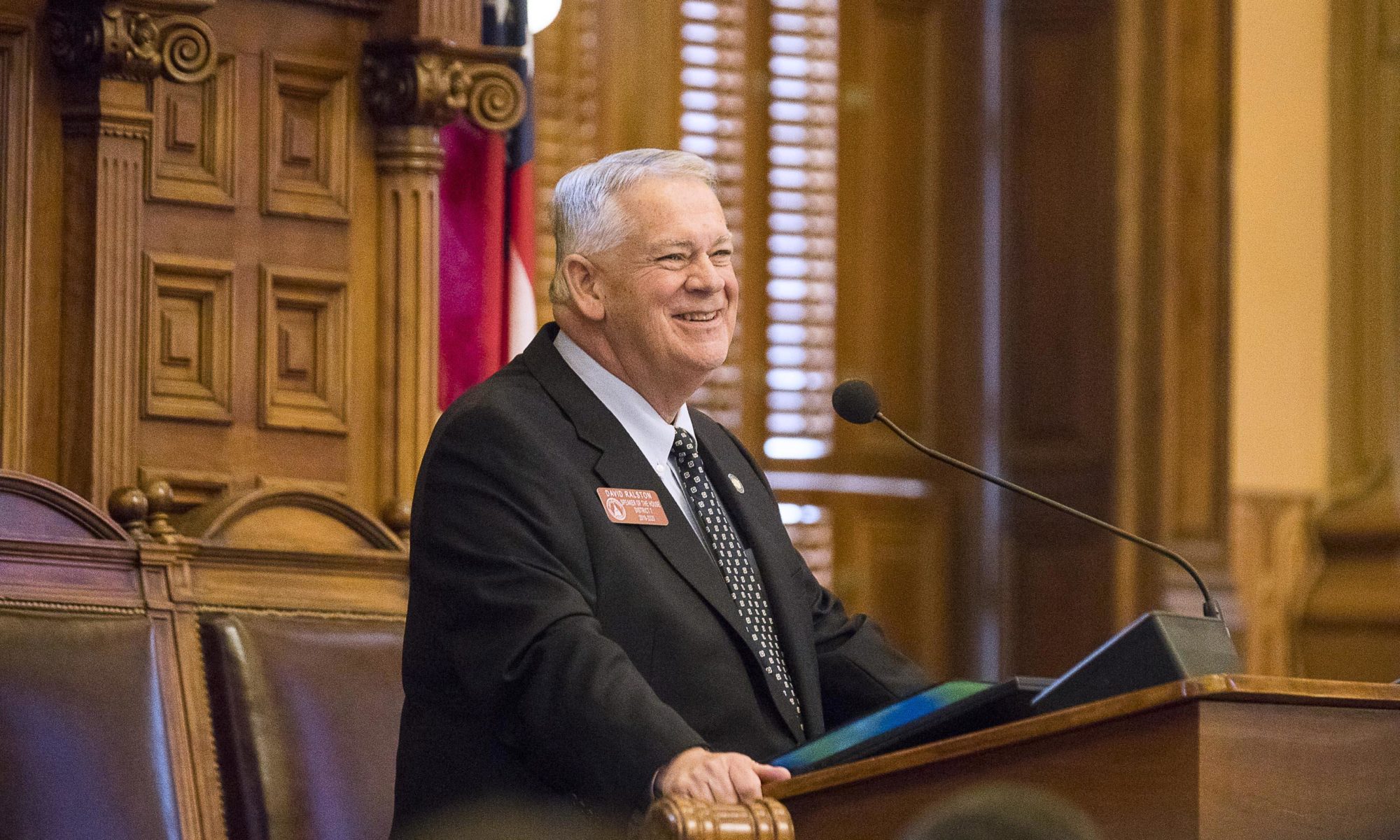Editor’s note: This editorial is the first in series of pieces examining the issues involved with incorporation.
Fear and loathing frame the local incorporation debates.
But at the ballot box, Americans vote their wallets. The decision on cityhood, be it in two weeks on Skidaway Island or in the years to come elsewhere in Chatham County, comes down to costs to residents.
Millage rates. Exemptions. Sales tax distributions. Fees.
Funding a municipality
Funding municipal operations is foremost among the complexities surrounding incorporation.
Cities, large and small, rely on revenue to serve residents. And the potential revenue sources — taxes and fees — for new municipalities are grossly misunderstood.
Here in Georgia, municipalities rely primarily on property taxes and penny sales taxes for revenue. For example, Skidaway is projected to collect 80 percent of its annual revenue from a combination of real estate and sales taxes, according to a November 2016 feasibility study on Skidaway incorporation conducted by the Georgia State University Center for State and Local Finance.
Real estate tax proceeds for proposed new municipalities are easily forecast, especially in Chatham County, where a special homestead exemption establishes a static value for most residential properties. Charters for proposed cities can mandate that homeowners keep this exemption at its established value — as is the case with Skidaway.
This value multiplied by the millage rate determines the real estate tax bill. Only a significant millage change would lead to wild swings in real estate tax bills for those property owners moving from unincorporated to municipal status.
In Skidaway’s case, the millage rate would decrease, at least initially, from 4.9 mills to 4.13 mills, equal to $77 per $100,000 in value. Additionally, residents would not pay the $85 fee they currently pay the county for yard waste and bulk waste collection.
Sales tax squabbles
Much less predictable is the penny sales tax distributions to municipalities.
Chatham County levies a 3 percent tax on the sale of most goods and services. One of those pennies, the Local Option Sales Tax or LOST, can be spent on government operations.
LOST money is typically the second largest revenue source for municipal general funds. However, calculating a city’s LOST share is not as simple as looking at the pennies collected at businesses within the corporation limits.
LOST distribution is based on eight different criteria and portions are negotiated among Chatham County and the local municipalities, including the city of Savannah, once every 10 years.
These negotiations have proved unpredictable. The last time, LOST talks took nine months to resolve and ended up in court. Savannah saw its share cut 10 percent. Chatham County saw a 5 percent increase, but agreed to shoulder more jail-related expenses.
Among the other municipalities, Pooler and Port Wentworth received bigger shares while Garden City got less, largely due to population shifts. The other small cities saw little or no change.
How much a new municipality would receive in the next LOST negotiations, coming in 2021, is a guessing game.
Covering shortfalls
Georgia State’s feasibility study based its LOST projection on a per capita basis. However, this runs contrary to Georgia’s distribution guidelines, which specifically state that population is not to be more heavily weighted.
What’s more, Skidaway’s projected LOST proceeds, per the feasibility study, constitute 37 percent of total revenue. Statewide, LOST monies make up just 16 percent of general fund revenues, on average.
Should Skidaway or any new municipality not receive its projected share of LOST funding, the new government would have to find those budget dollars elsewhere. This would most likely impact the budget surplus most proposed municipalities project in feasibility studies.
In Skidaway’s case, the surplus totals more than $1.8 million per year, money earmarked — wisely — for a rainy-day reserve.
Cityhood comes with a range of tax revenue ramifications. Residents would do well to consider them as they consider incorporation.


